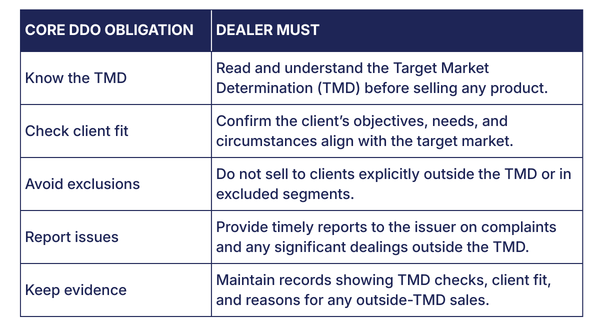The AADA has received correspondence from the Victorian Department of Government Services’ (DGS) Deputy Secretary of the Consumer Affairs and Local Government to advise that the Victorian Government has announced its response to the Independent Review of the Victorian Public Service: Final Report (the Silver Review).
Of importance to Victorian Licensed Motor Car Traders (LMCT) is the response from the Victorian Government that has accepted a recommendation made in the Silver Review that may impact future LMCT – Regulator interaction. The change may well also impact on future legislative reform options that the Victorian Government may pursue in the yet to be released modernisation review of the Motor Car Traders Act 1986 (Vic) (the Act) planned for some time in 2026.
What is the key recommendation in the Silver Review that will impact LMCTs?
Dealers are advised that the Victorian Government has agreed to transfer the functions of the Motor Car Traders Claims Committee (MCTCC) away from the Department of Justice and Community Services (DJCS) to the DGS.
The transfer of the administrative responsibility remains subject to legislative amendment.
How has AADA responded to DGS on behalf of our Victorian members?
AADA has acknowledged the Victorian Government’s decision to transfer the functions of the MCTCC to the DGS. Our dealer members value the role of the MCTCC, the integrity of the Motor Car Traders Guarantee Fund (the Fund), and the importance of fair treatment for LMCT and consumers. The Fund is made up exclusively of annual renewal fees of LMCT licences or monies received by the department as payment for penalty attributed to a LMCT for a breach of the Act or Motor Car Traders Regulations 2018 (Vic). In the financial year 2024-25 those LMCT derived funds totalled $4.98 million. Dealers take seriously the threat to their licence when a consumer claim is made upon the Fund.
AADA has also reminded the Deputy Secretary that access to justice for both consumer and LMCT must remain on any claim. Further, AADA has requested that consultation must take place between themselves and relevant industry bodies such as the AADA and VACC if there are to be any future legislative reforms on consumer claims and the function(s) of the MCTCC as they currently apply to Part 5, Divisions 1-3 of the Act.
Why should LMCTs be alert to the transfer from DJCS to DGS ?
Whilst the transfer as described is intended to be an administrative change, the Deputy Secretary also advised AADA that the DGS is committed to ensuring that consumers will continue to be protected by the Fund when buying from a LMCT, and that compensation claims continue to be assessed fairly and in accordance with the statutory criteria.
AADA supports the many varying state and federal consumer protection measures as they apply to the purchase of a motor vehicle from a LMCT.
AADA is firm in its view that any consumer claims must be assessed fairly and in accordance with the statutory criteria and that LMCTs must retain the right to defend claims without facing undue or inequitable burdens.

